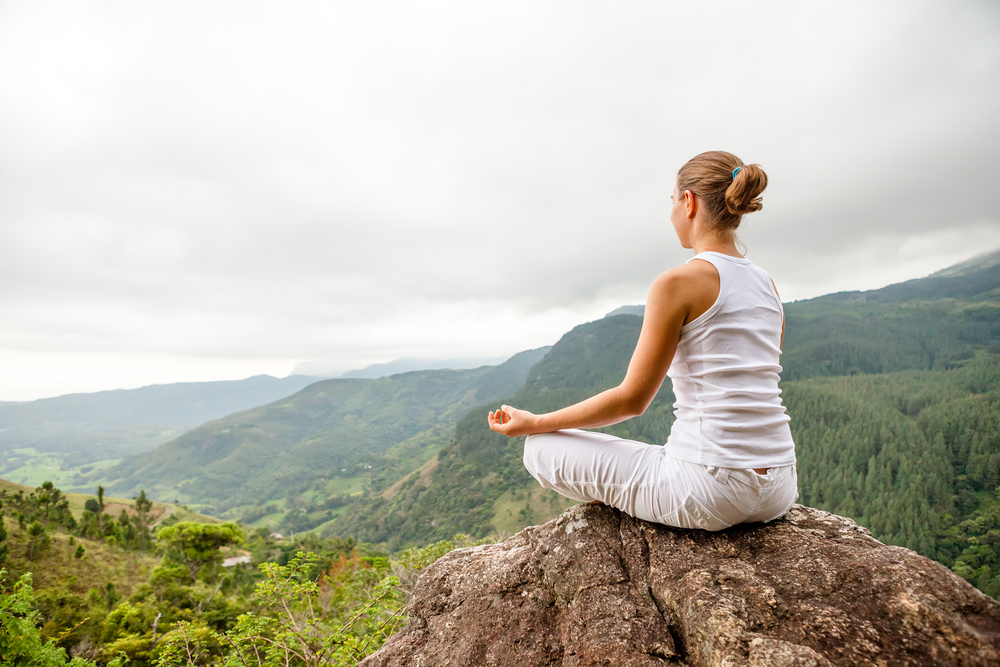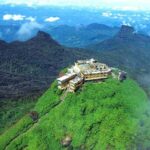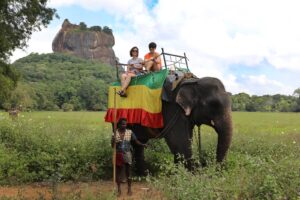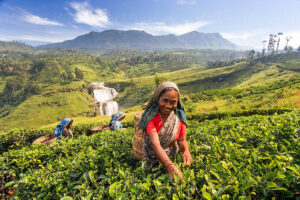
Sri Lanka is a land of ancient temples, stunning natural beauty, and rich spiritual traditions. With a history dating back thousands of years, the island is home to a diverse range of religious practices, including Buddhism, Hinduism, Islam, and Christianity. As a result, spiritual tourism is a significant part of Sri Lanka’s tourism industry, attracting visitors from all over the world who are seeking deeper connection, growth, and self-discovery.
One of the most popular aspects of spiritual tourism in Sri Lanka is Ayurveda. This traditional system of medicine has been practiced on the island for thousands of years and emphasizes the importance of balancing the mind, body, and spirit. Visitors can experience Ayurvedic treatments such as massages, herbal baths, and other therapeutic practices, as well as learn about the principles of Ayurvedic medicine and how they can be incorporated into daily life. Ayurveda is not just a physical practice but also a spiritual one, with an emphasis on cultivating inner peace and balance.
Another popular aspect of spiritual tourism in Sri Lanka is yoga. The island’s stunning natural beauty and peaceful atmosphere provide the perfect backdrop for yoga practice. Visitors can take classes with experienced yoga teachers or attend yoga retreats that offer a deeper immersion into the practice. Yoga is not just a physical practice but also a spiritual one, with an emphasis on mindfulness and self-awareness.
Along with Ayurveda and yoga, Sri Lanka is also known for its herbal medicines and meditation practices. Visitors can learn about the various herbs and plants used in traditional Sri Lankan medicine and participate in meditation sessions to cultivate mindfulness and inner peace. Sri Lanka’s traditional foods are also an important aspect of its spiritual traditions, with a focus on nourishing the body and supporting spiritual growth.
One of the most significant spiritual sites in Sri Lanka is the Temple of the Tooth in Kandy. This UNESCO World Heritage Site houses a tooth relic of the Buddha and is considered one of the most sacred sites for Buddhists in Sri Lanka. The ancient city of Anuradhapura is also an important pilgrimage site for Buddhists, with numerous temples and monuments, including the Sri Maha Bodhi, a sacred fig tree that is said to have grown from a cutting of the tree under which the Buddha attained enlightenment.
In addition to Buddhist sites, Sri Lanka is also home to important Hindu, Islamic, and Christian sites. The Nallur Kandaswamy Temple and the Koneswaram Temple in Trincomalee are popular Hindu sites, while the Jami Ul-Alfar Mosque in Colombo is an important Islamic site. The island’s Christian heritage is also evident in the St. Anthony’s Shrine in Kochchikade and the St. Mary’s Church in Jaffna.
In conclusion, Sri Lanka offers a wealth of spiritual experiences for those seeking deeper connection and growth. Whether you are interested in Ayurveda, yoga, meditation, herbal medicines, or exploring ancient temples and sacred sites, Sri Lanka has something to offer. The island’s rich spiritual heritage and stunning natural beauty provide the perfect backdrop for a transformative and unforgettable spiritual journey.








